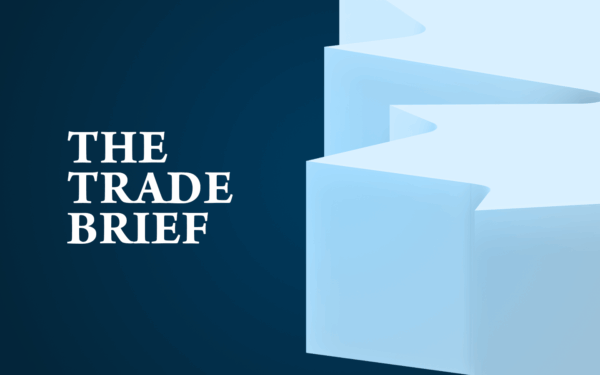BSE and the Canada-Japan relationship
Dear Mr. Okuda,
I am writing to you on an issue of critical importance to the Canadian food industry and to the Canada-Japan relationship. As you may be aware, in May of 2003 a single cow was discovered with bovine spongiform encephalopathy (BSE) in Alberta, Canada. Since that time, Japan has closed its markets to imports of Canadian beef products and has asked the United States to put in place a country of origin labeling system by September 1st to differentiate American from Canadian beef.
The Canadian Council of Chief Executives (CCCE) strongly supports the implementation of appropriate government actions to ensure the safety of the food supply. Canada maintains one of the most rigorous meat inspections systems in the world. In addition, over the past several weeks, extraordinary actions have been taken by our governments to restore confidence in Canada’s meat supply. Canada’s BSE investigation has gone well beyond those in other BSE-infected countries in terms of responsiveness, impeccable transparency, comprehensiveness and thoroughness in its testing procedures and analysis.
Recently, an international panel of experts has concluded that there is no evidence that other Canadian cattle have contracted BSE. As well, the United States cattle industry and the Secretary of Agriculture, Ann Veneman, have declared Canadian beef to be safe for consumption. And in addition to its own increased surveillance for BSE, the Canadian government recently took further steps to prevent specified risk material from entering into the human food supply system.
I am sure that the health and safety of Japanese consumers is ultimately at the core of your government’s concerns. However, I am concerned that the weight of scientific opinion combined with the appropriate risk assessment has been judged to be insufficient to safeguard the Japanese public interest. As well, it concerns me that Japan remains closed to Canadian beef and may potentially be closed to American beef products while uninspected beef from other countries continues to be sold to Japanese consumers.
The possible closure of Japan’s market to American beef products makes one more fully appreciate the weight of ‘human sentiment’ in Japan as well as your government’s actions to contain your own BSE episode. However, beef producers on both sides of the Canada-United States border have protested because our countries’ cattle industries are too tightly integrated to practically put into effect a country of origin labeling system. In a highly integrated market, Japan’s request is extraordinary in the absence of any scientific evidence that would warrant such an action.
Recently, the United States proposed a compromise to the Japanese government that was approved on a preliminary basis. The United States would put in place a third-party audit verification program to monitor American beef producers and ensure that no Canadian beef enters Japan from the United States. The use of independent third-party audits should alleviate Japan’s concerns and result in a negotiation between Canada and the United States to allow Canadian beef and cattle to enter the United States.
This would be an encouraging development but I would suggest that further steps should be taken. For example, the international rules and standards for countries hit by BSE need to be revised and updated in order to reflect the advances in scientific knowledge over the past decade. The CCCE will support these efforts because it makes sense to keep practices consistent with the forefront of human knowledge in an increasingly integrated global food supply chain.
Mr. Okuda, I hope that these brief comments will reassure you and your members of the safety of Canadian food products and of the commitment of the Canadian private sector to respond effectively and rigorously to the challenge before it.
Finally, Canada’s BSE episode is in my view just one more example why our two organizations must keep in close contact and work diligently towards an enhanced Canada-Japan relationship.
With best regards.
Sincerely,
Thomas d’Aquino
President and Chief Executive
c.c. The Right Honourable Jean Chrétien
Prime Minister of Canada
The Honourable Pierre Pettigrew
Minister for International Trade
Government of Canada
The Honourable Ralph Goodale
Minister of Public Works and Government Services
Government of Canada
The Honourable Lyle Vanclief
Minister of Agriculture and Agri-Food
Government of Canada
The Honourable Ralph Klein
Premier
Government of Alberta
Alexander Himelfarb
Clerk of the Privy Council and Secretary to the Cabinet
Privy Council Office
Government of Canada
Leonard Edwards
Deputy Minister for International Trade
Department of Foreign Affairs and International Trade
Government of Canada
Samy Watson
Deputy Minister of Agriculture and Agri-Food
Government of Canada
Robert Wright
Ambassador of Canada to Japan
Hiroyuki Yoshino
Vice Chairman
Japan Business Federation
His Excellency Kensaku Hogen
Ambassador of Japan to Canada









